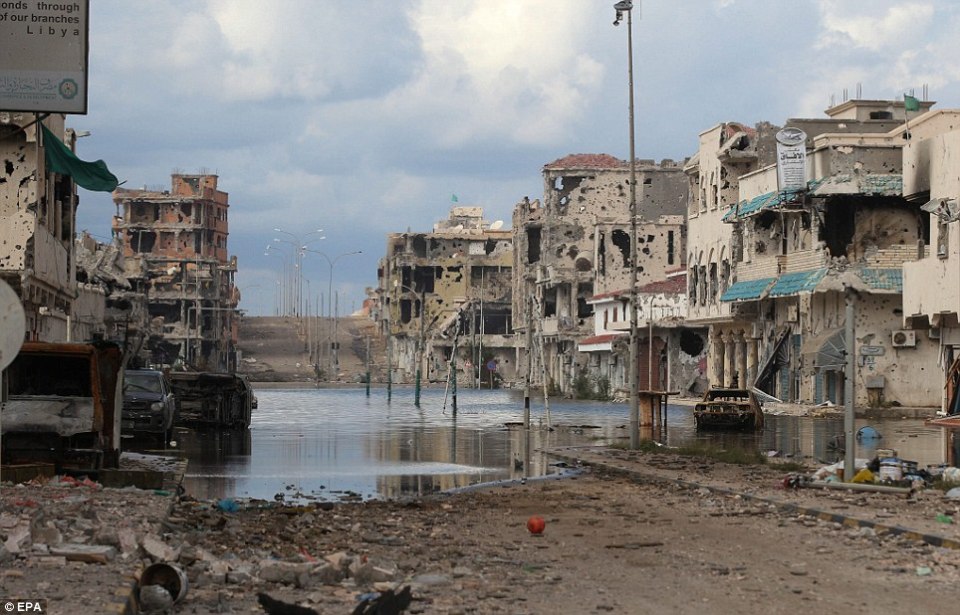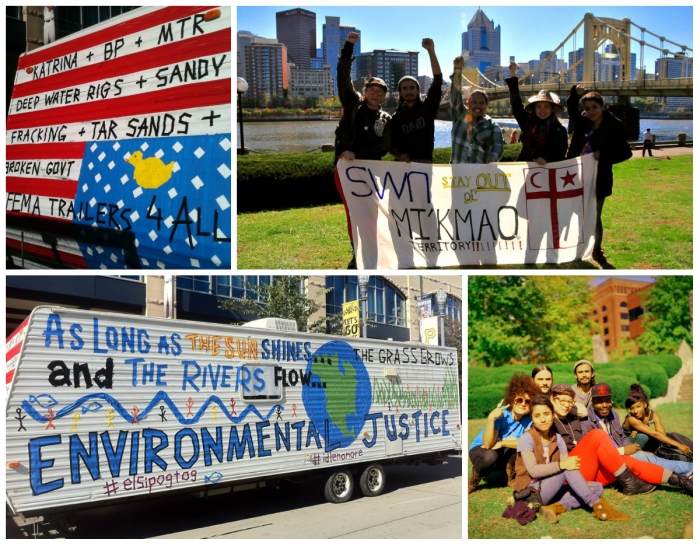Feb 06
20140
Amnesty International, Foundations, Human Rights Watch, Humanitarian Agencies, Imperialist Wars/Occupations, Non-Profit Industrial Complex, The War on Libya - There Was No Evidence, Whiteness & Aversive Racism
Africom Amnesty International Gaddafi Genocide Human Rights Watch ICC Imperialism Libya Mandela NATO Psychological Warfare Racism Tawargha UN Human Rights Council
Review: Slouching Towards Sirte | NATO’s War on Libya & Africa
Feb 1, 2014
by Edward S. Herman
Review on “Slouching Towards Sirte, NATO’s War on Libya & Africa” authored by Maximilian Forte
Baraka Books: Montreal CA 2012, 352 pp.
Maximilian Forte’s book on the Libyan war, Slouching Towards Sirte, is another powerful (and hence marginalized) study of the imperial powers in violent action, and with painful results, but supported by the UN, media, NGOs and a significant body of liberals and leftists who had persuaded themselves that this was a humanitarian enterprise. Forte shows compellingly that it wasn’t the least little bit humanitarian, either in the intent of its principals (the United States, France, and Great Britain) or in its results. As in the earlier cases of “humanitarian intervention” the Libyan program rested intellectually and ideologically on a set of supposedly justifying events and threats that were fabricated, selective, and/or otherwise misleading, but which were quickly institutionalized within the Western propaganda system. (For the deceptive model applied in the war on Yugoslavia, see Herman and Peterson, “The Dismantling of Yugoslavia,” Monthly Review, October 2007; for the propaganda model applied to Rwanda, see Herman, “Rwanda and the New Scramble for Africa,” Z Magazine, January2014.) →



